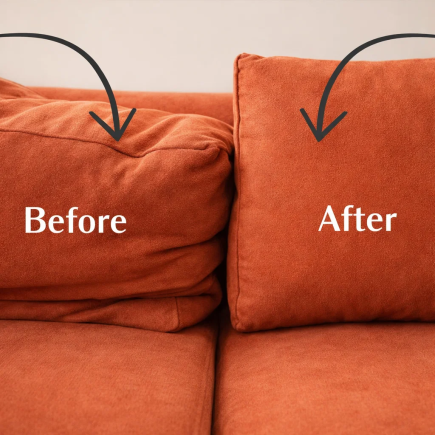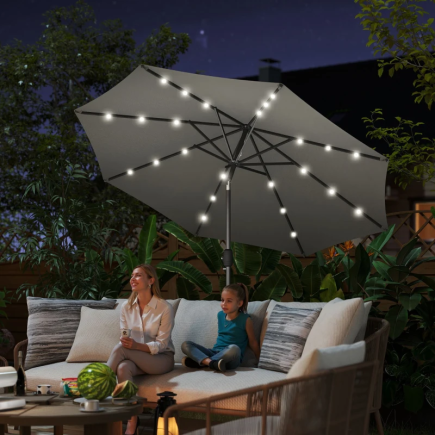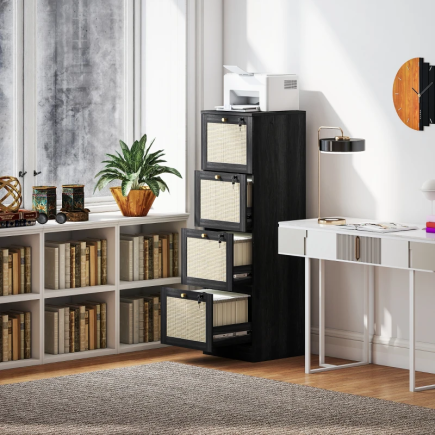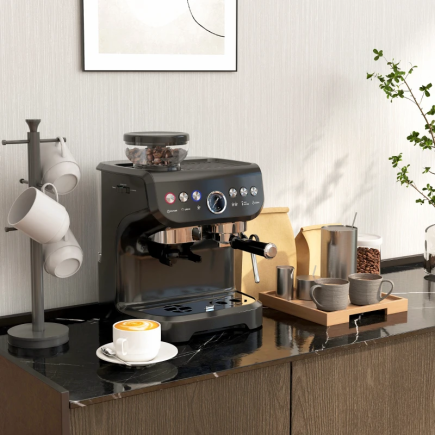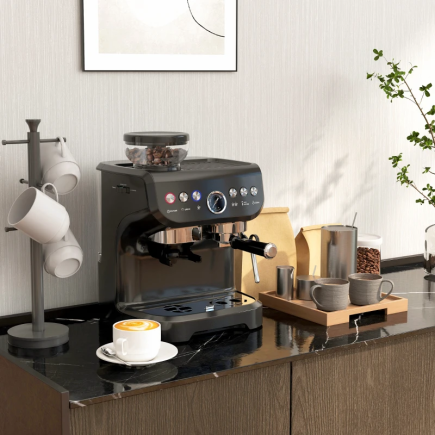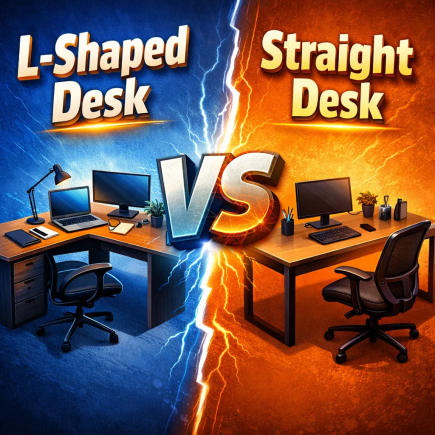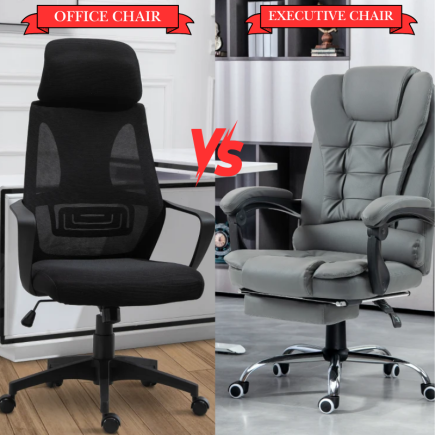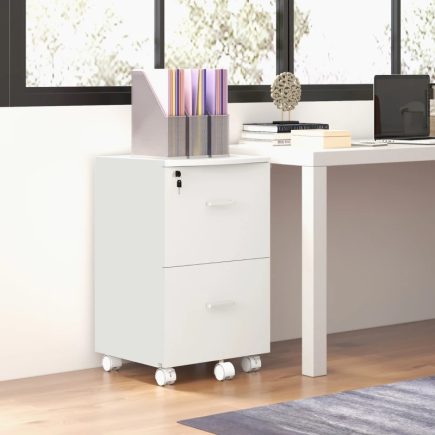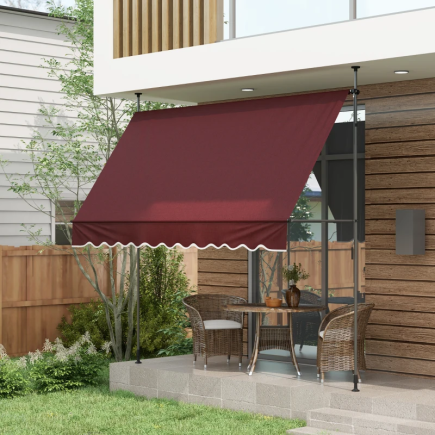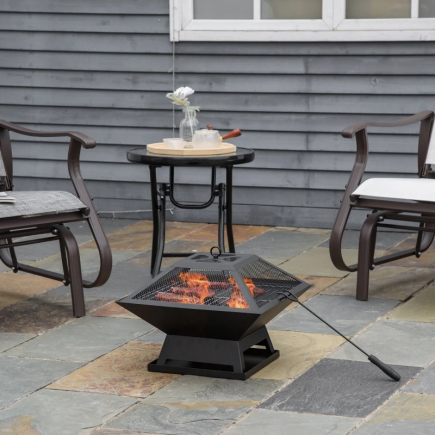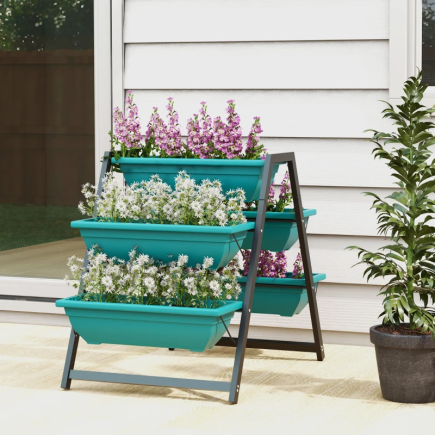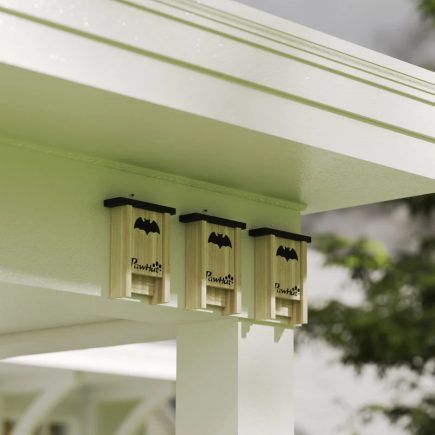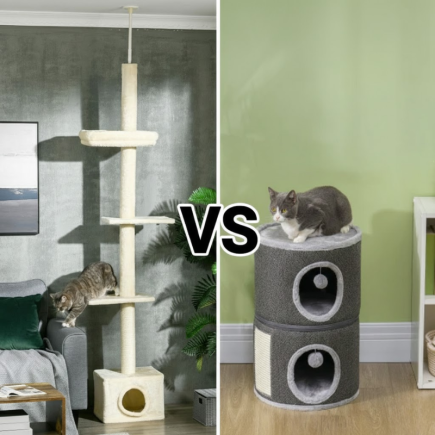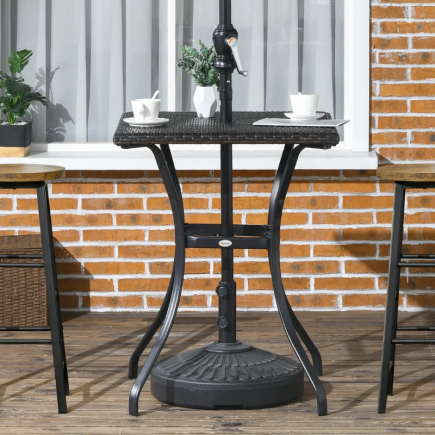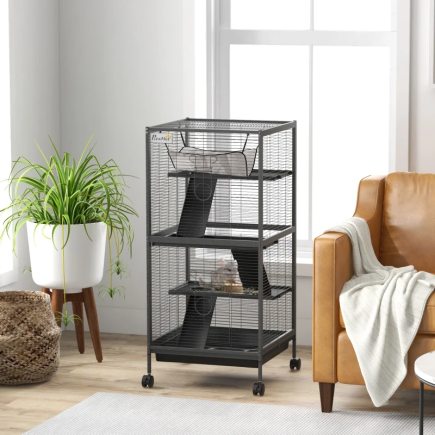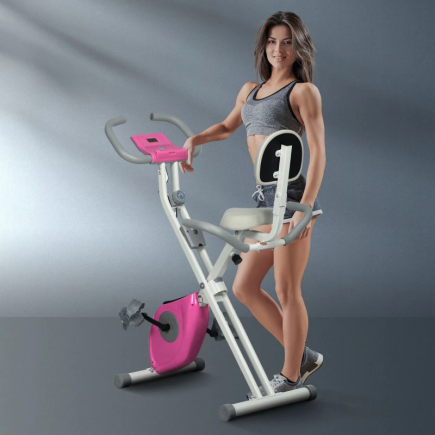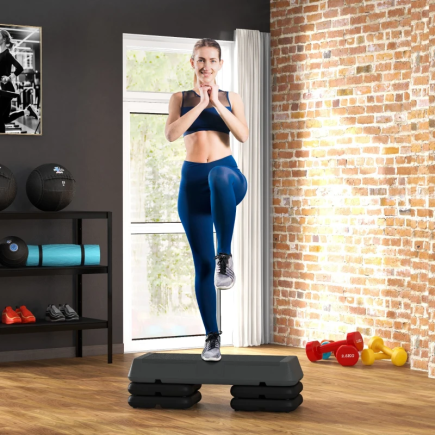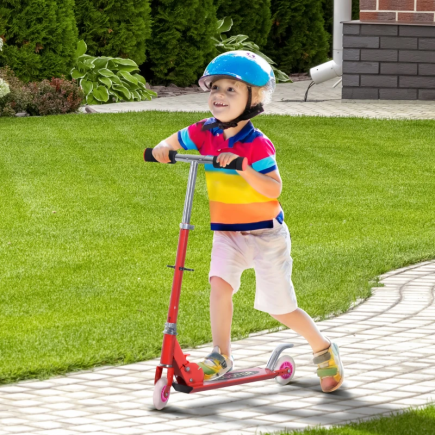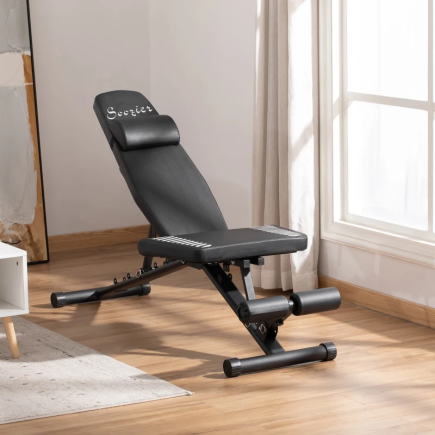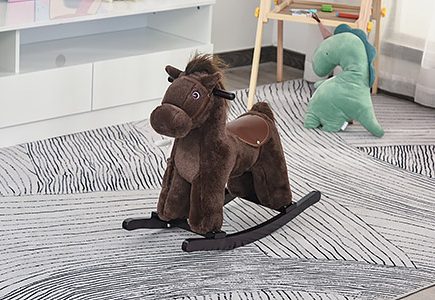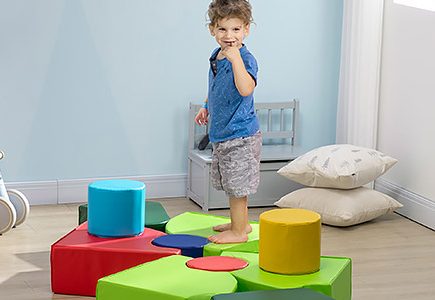When it comes to enjoying the outdoors, camping is one of the most affordable and fulfilling ways to recharge. Whether you’re road-tripping across provinces or planning a weekend in the forest, one big question often comes up: should you sleep in your car or pitch a tent?

This guide will walk you through the real-life pros, cons, costs, and convenience factors of both car camping and tent camping. Whether you’re a new camper or looking to switch up your routine, this comparison will help you make the right decision for your comfort, budget, and sense of adventure.
1. Car Camping vs Tent Camping: Core Differences
| Feature | Car Camping | Tent Camping |
| Shelter Type | Vehicle | Tent (fabric shelter) |
| Setup Time | Minimal | Varies (10–30 minutes) |
| Sleep Comfort | Padded/vehicle mattress | Sleeping pad or inflatable mattress |
| Privacy | Lower (windows) | Higher (zipped fabric walls) |
| Gear Capacity | High (vehicle storage) | Medium to low |
| Weather Protection | High | Moderate to High (depending on tent) |
2. Comfort and Sleeping Arrangements
Which Feels More Comfortable Overnight?
Car mattresses often feel like home bedding. Tent sleeping depends on your pad and terrain. If comfort is your priority, car camping wins, assuming your car fits your body comfortably.
Privacy, Airflow, and Noise
Tents provide complete visual privacy. Car windows can be covered, but airflow is tricky. Noise can feel louder in tents, while cars block out some external sounds.
Condensation and Temperature Swings
Condensation builds in cars if windows are sealed, so crack them slightly. Tents offer airflow but are more vulnerable to drops in temperature overnight.

3. Weather Protection and Climate Control
Car camping outperforms tents in poor weather. The solid structure keeps you dry and wind-free. Tents are much improved today but still rely on proper setup.
Heat Retention and Ventilation
Cars retain heat better, especially in shoulder seasons. Tents are cooler but need insulation layers in colder months.
Seasonal Suitability
In summer, tents offer better airflow, while cars heat up quickly. In cold weather, car interiors are naturally warmer.

4. Setup and Pack-Down Time
Car camping is fast. Fold down the seats, lay out your mattress, and you’re done. Tent setup requires more time and manual effort.
Which Is Easier to Pack
Car camping is quicker for one-night stays or mobile trips. Tent camping is more stationary, best for staying a few nights.

Tips for a Faster Setup in Both Styles
- Use sleeping bags that stay rolled
- Keep bins organized by use (cooking, sleep, first aid)
- Pre-check weather and campsite terrain
5. Gear and Packing Considerations
Essential Gear for Car Camping
- Car mattress or platform
- Window shades or curtains
- Rechargeable lights and power bank
- Cooler and basic kitchen setup
Must-Have Items for Tent Camping
- Tent, stakes, rainfly, and footprint
- Sleeping bag and pad
- Tarp or canopy for extra coverage
- Bug spray and headlamp

Storage Space and Transport Efficiency
Cars offer generous storage space. Tent campers must pack light, especially for hike-in locations.
6. Safety and Security
Wildlife Protection and Food Storage
In car camping, storing food in your trunk keeps wildlife at bay. Tent campers should use bear-proof containers or hang food away from sleeping areas.
Security While Sleeping
Locked car doors provide extra peace of mind. Tent campers rely more on campground safety and site selection.
Emergency Access and Quick Getaways
In case of sudden weather or emergencies, car campers can pack up and leave immediately. Tent campers may take longer to tear down and load up.
7. Hybrid Camping:
Using Your Vehicle for Storage and Shelter
Many campers use their car as a gear locker and sleep in a tent nearby. This hybrid model gives you easy access to storage while enjoying nature at night.
Tent-and-Car Combos for Flexibility
Families or couples may choose to sleep in a tent while keeping cooking and lounging items in the car. This offers balance between spaciousness and security.

When Mixing Methods Makes Sense
Hybrid camping is great for road trips where you alternate between wilderness tent nights and quick car-sleep stops in rest areas or parking-approved spots.
8. Car Camping vs Tent Camping – What’s Right for You?
Key Takeaways from the Comparison
- Car camping is faster, safer, and great for unpredictable weather.
- Tent camping is better for nature immersion, flexibility, and remote travel.
- Your comfort level, gear, and destination will shape your decision.
Whether you enjoy the all-in-one mobility of car setups or prefer the back-to-basics appeal of Camping Tents, the right choice comes down to your needs, comfort level, and destination. Both options have their strengths, and the best way to decide is to match your gear and goals with the type of outdoor experience you’re after.
FAQs
1. What’s better for bad weather: car camping or tent camping?
Car camping typically offers better protection against rain, wind, and cold temperatures, while tents can perform well with proper setup but are more vulnerable to extreme conditions.
2. How do you stay organized when packing for car camping?
Use storage bins or organizers to separate sleeping gear, cooking supplies, and personal items. This keeps your car tidy and makes setting up faster.
3. Do you need different permits for car camping and tent camping?
Some parks or campgrounds may require specific permits depending on whether you’re using a tent site or sleeping in your car.
4. Can you switch between car camping and tent camping on the same trip?
Yes, many campers combine both methods. You can sleep in your car for convenience during travel days and set up a tent when staying longer at scenic spots.

